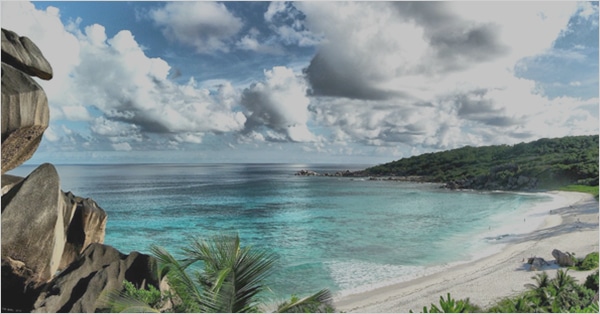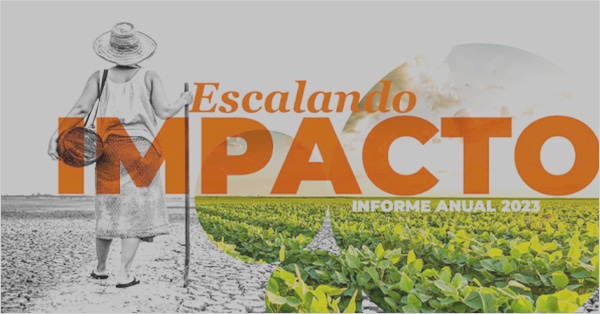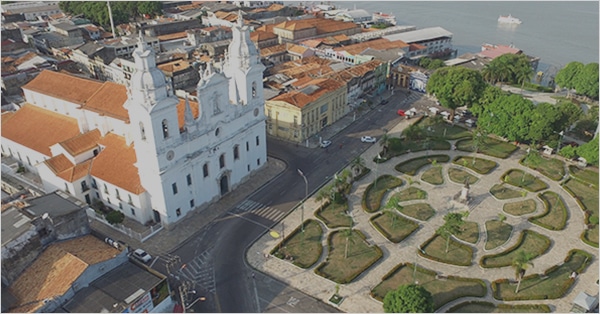
On August 12, 2020, the IDB hosted a webinar on how the Blue Economy can help to spark a sustainable and inclusive recovery in the Caribbean after COVID-19. The event aimed to promote the Blue Economy as a key driver for recovery, raise awareness of the importance of ocean and coastal resources beyond fisheries and tourism and highlight the IDB’s agenda on this issue, particularly for small states with big ocean spaces (#BOSs).
A group of leading Caribbean policymakers discussed the potential of a Blue Economy to help governments rethink their developmental pathways and to pivot to new avenues of economic growth, innovation, and digitalization. The conversations addressed unlocking the potential of oceans for creating prosperity while recognizing their immense role in regulating our climate, providing food, social equity and cultural identity. And not to forget, building resilience to the impacts of climate change! If you did not tune in, here are some highlights from the event.
The Blue Economy: A roadmap for the future?
Beyond the severe economic impact of a drop in tourism revenue caused by COVD-19 related travel restrictions, Caribbean islands are also confronting the climate crisis, limited access to freshwater resources and insufficient capacity to respond to and recover from extreme weather events.
The IDB’s Climate Change Division Chief, Graham Watkins, moderated the event and highlighted the IDB’s commitment to support countries assemble recovery plans from the pandemic. Although there are different interpretations of the term Blue Economy, it is rooted in the idea of the sustainable use of oceans, resolving the waste issue, inclusiveness and has a leading part to play to help achieve sustainable recovery.
As islands are surrounded by vast areas of oceans, there are large developmental spaces to create a new sustainable economy. Since Rio+20 in 2012, the Blue Economy has gained momentum as coastal and island nations look to their oceans as the next frontier for economic development.
An ocean-based approach to growth not only offers the marine and coastal resources, but a way to tackle high unemployment, food insecurity, poverty and vulnerability to climate change. Similarly, a Circular Economy allows a shift away from the take, make and dispose linear model to one that is restorative and regenerative by design.
The Blue Economy allows countries to expand into new fields such as marine biotechnology, offshore renewable energy, sustainable tourism, fisheries/aquaculture, and carbon capture, among others.






 Stay updated on the latest trends of Green Finance
Stay updated on the latest trends of Green Finance



